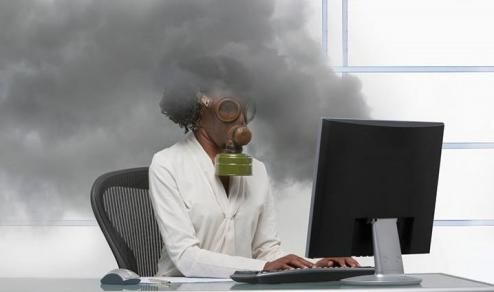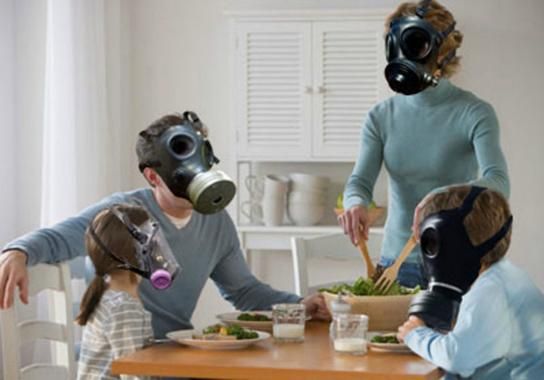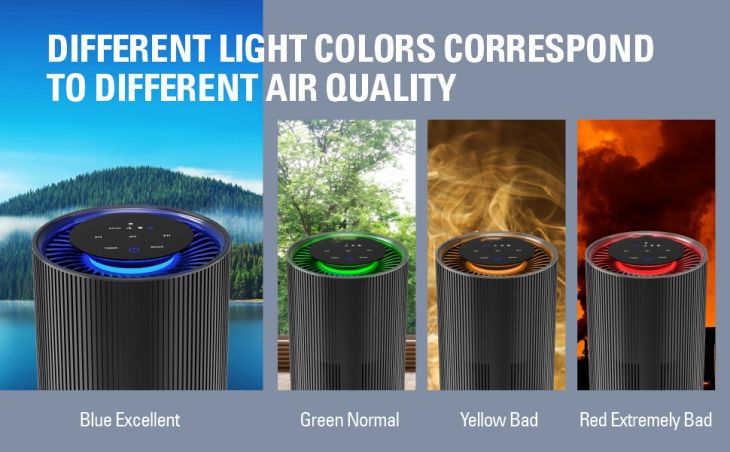It’s Time to Love the Air You Breathe
Air pollution is a familiar environmental health hazard. We know what we’re looking at when brown haze settles over a city, exhaust billows across a busy highway, or a plume rises from a smokestack. Some air pollution is not seen, but its pungent smell alerts you.
Even though you can’t see it, the air you breathe can affect your health. Polluted air can cause difficulty breathing, flare-ups of allergy or asthma, and other lung problems. Long-term exposure to air pollution can raise the risk of other diseases, including heart disease and cancer.
Some people think of air pollution as something that’s found mainly outside. But air pollution can also occur inside—in homes, offices, or even schools.
It’s thought that people pass about 90 percent of our time indoors, usually at home. And when you have asthma, the quality of your home’s air can have a big effect on your health. Allergens, scents and air pollution may trigger asthma symptoms and even worsen your condition.
What Causes Indoor Air Problems?
Indoor pollution sources that release gases or particles into the air are the primary cause of indoor air quality problems in homes. Inadequate ventilation can increase indoor pollutant levels by not bringing in enough outdoor air to dilute emissions from indoor sources and by not carrying indoor air pollutants out of the home.
So it’s time to love the air you breath
To reduce the effects of poor quality air on your health, here some tips to breathe easier:
Avoid strenuous outdoor activities if the air is polluted. Check your region’s air quality index. Yellow mean it’s a bad air day, red mean air pollution is extreme, and everyone should try to stay in an environment with clean air.
Reduce pollutants in your home. Don’t let anyone smoke in your home. Avoid burning candles, incense, or wood fires. Run fans or open a window when cooking. Use an air purifier with a HEPA filter to catch dust and allergens.
Recommendations:



